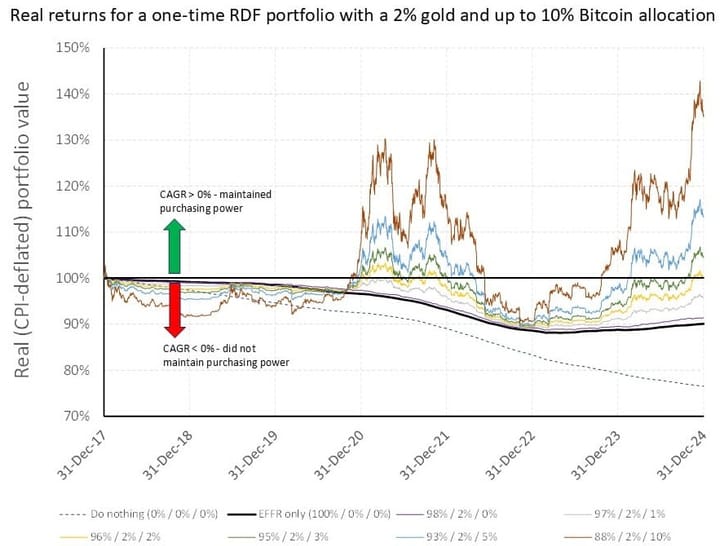2024 Bitcoin research horizon scan
I used an AI-assisted 'key questions' approach to: (1) analyze transcriptions from 1,818 Bitcoin podcast episodes from 2024; (2) identify Bitcoin-oriented threats and opportunities; and (3) create and refine a list of 100 policy-salient Bitcoin research questions.

The link below takes you to my newest horizon scanning working paper, an effort that draws on some 1800 Bitcoin podcast transcriptions to identify key information gaps and research that could help fill the gap.
The paper is available open access for download.

Abstract
Bitcoin is a complex financial technology, with a wide range of potential impacts on society. Policymakers need credible evidence to support decision-making but policy-salient academic research has not kept pace with Bitcoin's rapidly increasing institutional adoption.
Bitcoin expertise within academia is dispersed but there is deep understanding of both the technology and its implications among non-academic industry practitioners and investors, as well as an extremely active social media space where Bitcoin technology, adoption, and policy are debated in great detail on a daily basis.
This suggests that the discourse in the Bitcoin social media space could prove useful in helping to identify important information gaps and emerging research needs.
In this research, I used an AI-assisted 'key questions' approach to: (1) analyze transcriptions from 1,818 Bitcoin-relevant podcast episodes from 2024; (2) identify 18,180 inferred Bitcoin-oriented threats and opportunities ('issues') from the discourse; and (3) using the issues, create and refine a list of 100 high-level, important Bitcoin research questions that, if answered, could help inform policymaking.
This approach could help catalyze collaboration between academics, policymakers, and practitioners to quickly identify and address emerging information gaps in the Bitcoin space, as well as acting as a template for application for other emerging technologies.




Comments ()